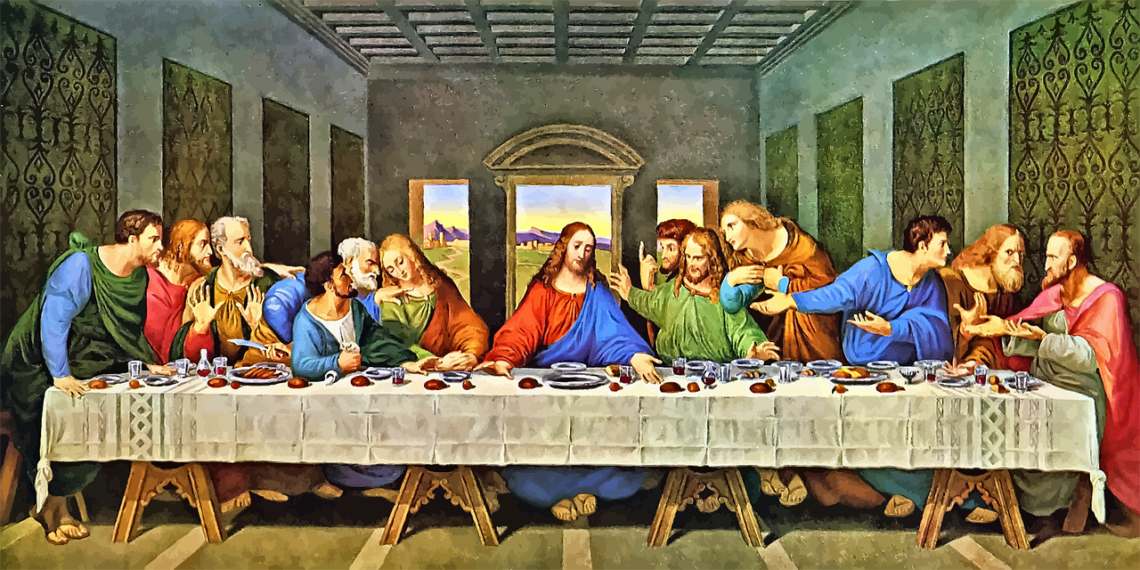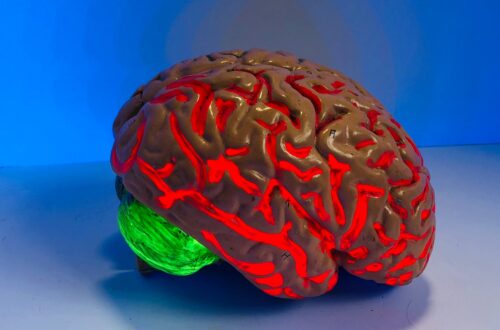
Christianity’s Relation to Democracy and Autocracy
I was listening to a talk the other day by the mystic philosopher, Allan Watts. He asked, “Is Christianity a religion of Jesus or about Jesus?”
How we answer this question could very well determine whether we favor autocracy or democracy.
Let me explain.
What Christianity as a Religion About Jesus Means
It all comes down to how we regard Jesus. Was he the one and only true Son of God, or was he a human being who, somewhere along the way, had a very powerful transformative experience.
If it is a religion about Jesus then he is the former, and the religion will focus on the wonders and miracles of Jesus and the call to be like him.
But as Allan Watts points out, it would be impossible for us to be like him, especially if we follow a more traditional, fundamentalist view of Jesus. He was born of a virgin, performed miracles and doesn’t die. Who can match that?
Watts goes on to say that a belief like this makes Christianity an impossible religion. People can never be like Jesus, so they suffer over their shortcomings and imperfections, and feel tremendous guilt over it.
Strangely, the more guilt they feel and the more they suffer, the better they are for it, at least in the eyes of God.
I can remember many years ago I was flipping through radio stations until I landed on a station where the fundamentalist preacher, Reverend Jerry Falwell, was finishing up a sermon and getting ready to pray. Normally, I would never stop and listen to someone like Jerry Falwell.
But, I was depressed at the time, so I decided, “what the hell, let’s give Jerry a shot here”. So, I closed my eyes, adjusted my headphones and was ready to see if Jerry could help me.
He started something like: “Lord, we are wretched miserable sinful creatures who…”, it went on in that tone for a bit. I ripped off my headphones. I couldn’t listen anymore. What kind of “Good News” message was that? I thought the Gospels were supposed to uplift us by spreading the Good News. That didn’t sound like Good News to me.
That was the one time I gave fundamentalist Christianity an open-minded effort. If Jerry had made me see the light at that moment, I was ready to sign up. But it didn’t happen. Actually, the reverse happened.
What Christianity as A Religion Of Jesus Means
However, if you believe Christianity should be a religion of Jesus, then you would believe that the transformative experience Jesus must have undergone is an experience open to anyone. Jesus wasn’t the unique Son of God, we all are. We just don’t know it yet. Jesus and others are trying to show us the way.
They are not here to enslave us, but to liberate us from our egoic selves.
If you agree with that, then you have to believe that Jesus’ message was not to worship him because he is the only Son of God. Instead, he is counseling us to listen to his teachings so we can all rise up to this higher consciousness he embodies. We can even surpass him as the quote below from John points out.
In John 14:12, Jesus says,
“Very truly I tell you, whoever believes in me will do the works I have been doing, and they will do even greater things than these, because I am going to the Father.” (Italics and bold added for emphasis.)
If you agree that Jesus is “a” Son of God, and not “the” Son of God, then, as Watts points out, this makes his relationship to traditional Judaism and Christianity very interesting.
Jesus’ Interesting Relationship with Judaism and Christianity
Jesus, as a Jew, first had to deal with Judaism which, at the time, thought anyone claiming to be God was committing blasphemy and should be put to death.
So Judaism rejects the notion that any person can be God.
Christianity is different. Christianity one-upped Judaism by allowing one person to be God, but no one else. Anyone else claiming to be God would be committing blasphemy.
Allan Watts says the result is that the Church puts Jesus on a pedestal above and beyond the reach of humans for good reason. Christian orthodoxy doesn’t want people to think they too could have similar divine experiences. That would democratize Christianity, and completely upset the power balance.
Traditional Christianity Pedestalizes Jesus
When Jesus was pedestalized, this keeps the teaching away from the people, allowing the Church to become autocratic. Throughout history that’s essentially what Christianity has become except for the Christian mystics who had their own divine experiences, most prominently during the late Middle Ages and early Modern Age.
Is Jesus’ Message Meant to Enslave or Liberate Us?
If we believe that Jesus was a human just like everyone else, then his teachings are meant to lead us to these higher states of consciousness.
When we have one of these transformative experiences we see clearly, that who we thought we were was a superficial view of ourselves. Now we understand that we really are a Child of (as the Indian philosopher J. Krishnamurti liked to say, ‘the word is not the thing’) The Buddha, The Tao, Brahman, and yes, you could say God, as long as we are clear what we mean by that.
The Need For Christianity to be a Religion Of Jesus
If Christianity can transform itself from a religion about Jesus to a religion of Jesus, then we can listen more closely to Jesus’ teachings on how to become more like him through our own mystical experiences. Then the religion becomes a religion of liberation, not enslavement.
If it is a religion about Jesus, then Jesus’ message to be like him sets up an impossible task as Watts points out, and as we mentioned before. The Church, through its doctrine, blocks our way. This leads to tremendous suffering and self-loathing. This pain the believer feels and can’t own up to, gets projected onto those he regards as his, enemy, often in violent ways. We are seeing this play out today.
How can a religion about Jesus be at all sanctifying? It is based on keeping people enslaved in their own misery as they try fruitlessly to live up to the image of Jesus.
This is an autocracy where the masses are enslaved and easily controlled.
If it is a religion of Jesus, then it is open to everyone, and everyone gets to participate and dwell in the “Good News.”
Autocracy or Democracy
As we look today at our society, we are facing a choice between Autocracy and Democracy. Those who need someone to look out for them and tell them who they are and what they should do, are the supporters of autocracy. If you can’t or won’t make decisions for yourself, but need someone to decide for you, then autocracy is for you.
However, if you don’t want someone to do your thinking for you, but instead prefer to discover and think for yourself, then democracy is for you.
The choice comes down to those who are inspired to seek their own path, and those who are afraid of that much freedom and responsibility.
Wouldn’t it be good for our country and the world if we could have a Christianity that was a religion of Jesus, and not just about Jesus? For those still wanting a Christianity about Jesus, accommodations can be made. Nobody gets left out here. It’s all inclusive.
If we had such a religion, imagine how much better and less violent our world would be. It would inspire each of us to find our own course in life and recognize, not only our own, but other people’s worth and dignity as human beings. I think that is Jesus’ true message.
To learn more about the magic of the universe: Click this link: The Magical Universe.
Image by Gordon Johnson from Pixabay




